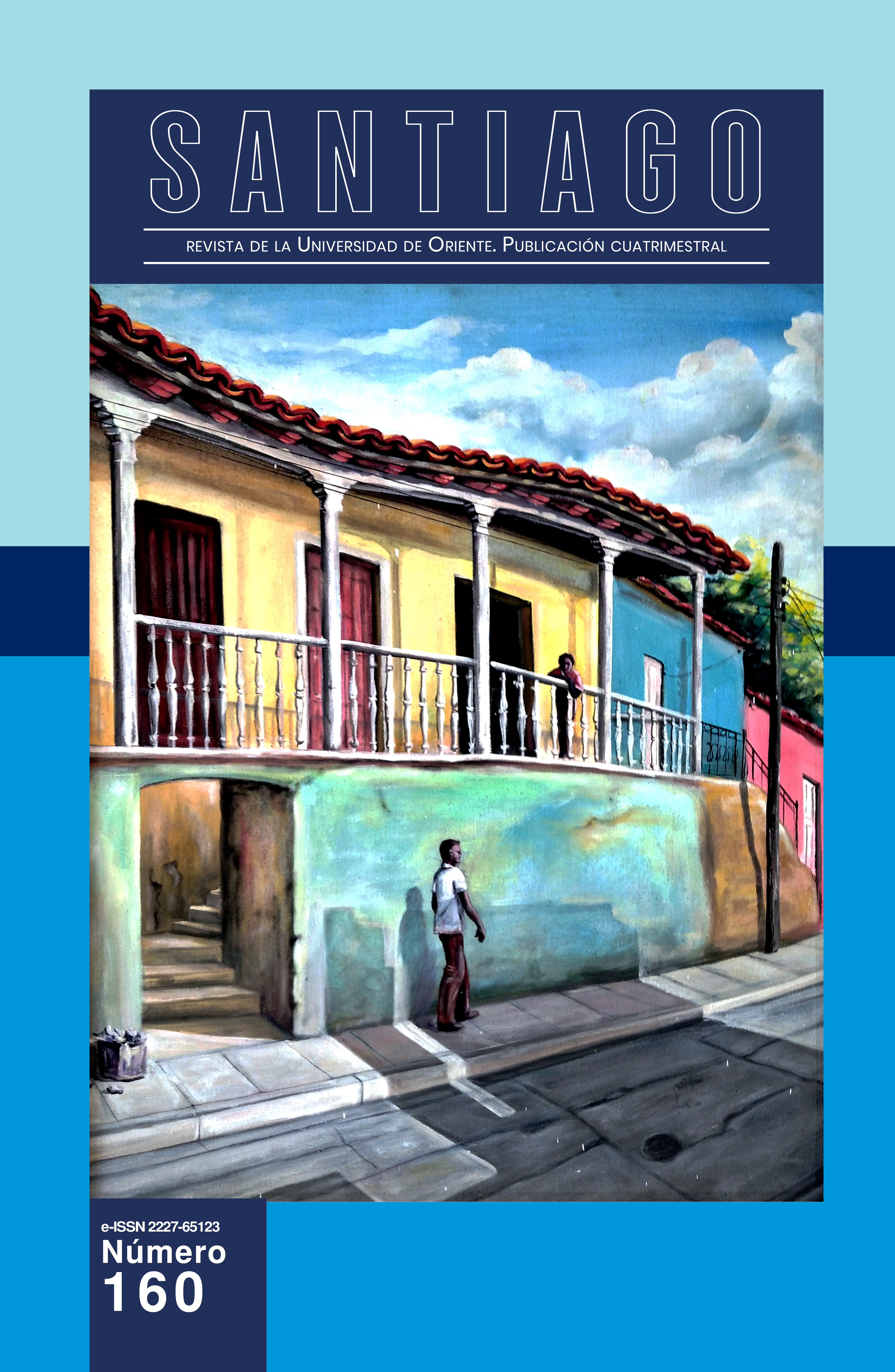Training plan for teachers of the Admission and Leveling process at ESPAM MFL
Keywords:
Teacher updating, pedagogical training, teaching skillsAbstract
The objective of this research was to establish a training plan for teachers of the Leveling process at ESPAM MFL. For this, a mixed, non-experimental investigation was carried out, applying a methodology through the web to determine teaching competencies. The study is based on determining the technological skills that the teacher applies in his classroom to later evaluate them and offer training that provides the teacher with the necessary tools. Using the EUSurvey web tool, the basic skills of each subject taught in the university preparatory process were identified. With the results obtained from the test, strategies were determined to improve these skills. Finally, in the training plan, professional collaboration, professional development through digital media, creation of digital resources, teaching methodologies, feedback, programming and decision-making and problem solving were considered relevant skills.
References
Alvarado., J. y Luna, J. (2022). Sustentabilidad, nueva normalidad y educación presencial: retos para la formación profesional de los docentes. Revista Metropolitana de Ciencias Aplicadas, 5(2), 209-217. https://n9.cl/osmbu
Cabero-Almenara, J., Barroso-Osuna, J. y Palacios-Rodríguez, A. (2021). Digital competences of educators in Health Sciences: Their relationship with some variables. Educación médica, 22(2), 94-98. https://doi.org/10.1016/j.edumed.2020.11.014
Calderón-Delgado, E., y Velásquez-Albarracín, V. (2022). Retos del docente en la educación postpandemia. CIENCIAMATRIA, 8(2), 757-768. https://doi.org/10.35381/cm.v8i2.776
Casal, L., Mariño, R., Barreira, E. y Fernández de la Iglesia, J. del C. (2022). La competencia digital de los futuros docentes de formación profesional: usos y actitudes que determinarán sus prácticas de enseñanza. RiiTE Revista Interuniversitaria de Investigación en Tecnología Educativa, (12), 113–126. https://doi.org/10.6018/riite.522191
Cruz, M. (2020). Formación continua del docente como factor de la calidad educativa universitaria. Revista Científica Internacional, 73-79.
Grasso, D. (2021). Pandemia, docencia y oportunidades. Educación En La Química, 27(01), 95–99. https://educacionenquimica.com.ar/index.php/edenlaq/article/view/22
Fernández-García, C., Rodríguez-Álvarez, M. y Viñuela-Hernández, M. (2021). University students and their perception of teaching effectiveness. Effects on students’ engagement. Revista de Psicodidáctica (English ed.), 26(1), 62-69. https://www.sciencedirect.com/science/article/abs/pii/S1136103420300435
Fernández-Río, J., Rivera-Pérez, S. y Iglesias, D. Cooperative learning interventions and associated outcomes in future teachers: A systematic review. Revista Psicodidáctica, 27(2), 118-131. https://doi.org/10.1016/j.psicod.2022.04.002
Hernández-Ramos, J. García-Holgado, A. y García-Peñalvo, F. (2021). Valoración del empleo de SPOC en la formación del profesorado universitario. Instituto Universitario de Ciencias de la Educación. https://repositorio.grial.eu/handle/grial/2432
López – Altamirano, D., López Altamirano, D., Lagla Chuquitarco, M., Chugcho Chugcho, M., Chipantiza Chacón, M., Mora Ruiz, M., Núñez-Gordon, B., & Pallo - Silva, L. (2022). Fundamentos de formación docente dirigida a profesionales universitarios o politécnicos con títulos afines a la educación: Caso ecuatoriano. Polo del Conocimiento, 7(4), 99-120. doi:http://dx.doi.org/10.23857/pc.v7i4.3816
Lourdes Meroño, A. y Arias-Estero. (2021). Digital pedagogy and cooperative learning: Effect on the technological pedagogical content knowledge and academic achievement of pre-service teachers. Revista de Psicodidáctica (English ed.), 26(1), 53-61. https://www.sciencedirect.com/science/article/abs/pii/S1136103420300381
Martelo, R., Jiménez-Pitre, I. y Quintana, A. (2018). Determinación del Perfil Profesional de Estudiantes de Pregrado Aplicando la Técnica de Análisis Comparativo. Información tecnológica, 29(2), 29-40. https://n9.cl/5ob2d
Mérida-López, S., Quintana-Orts, C, y Natalio Extremera, T. (2022). Emotional intelligence and social support of teachers: Exploring how personal and social resources are associated with job satisfaction and intentions to quit job. Revista de Psicodidáctica (English ed.), 27(2), 168-175. https://doi.org/10.1016/j.psicod.2022.02.001
Naciones Unidas. (2018). La Agenda 2030 y los Objetivos de Desarrollo Sostenible: una oportunidad para América Latina y el Caribe. Recuperado el 20 de septiembre de 2022 ded https://repositorio.cepal.org/bitstream/handle/11362/40155/24/S1801141_es.pdf
Redecker, C. (2020). Marco Europeo para la Competencia Digital de los Educadores: DigCompEdu. Secretaría General Técnica del Ministerio de Educación y Formación Profesional de España.
Downloads
Published
Issue
Section
License
Copyright (c) 2023 Eddy Gregorio Mendoza-Loor, José Fernando Huerta-Vera, Cecilia Vera-Párraga, Gabriela Cruz-López

This work is licensed under a Creative Commons Attribution-NonCommercial-NoDerivatives 4.0 International License.
CC Reconocimiento-NoComercial-SinObrasDerivadas 4.0



.jpg)

_de_logo.jpg)













